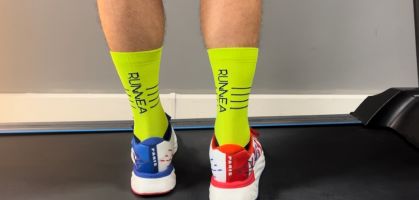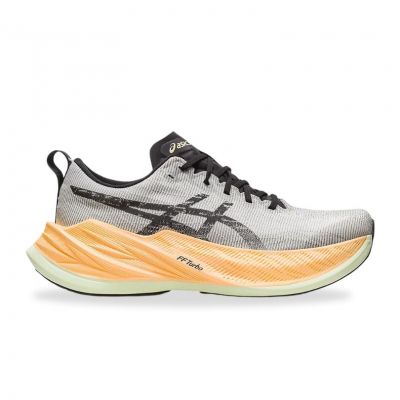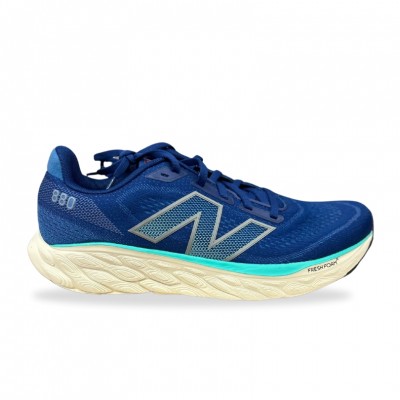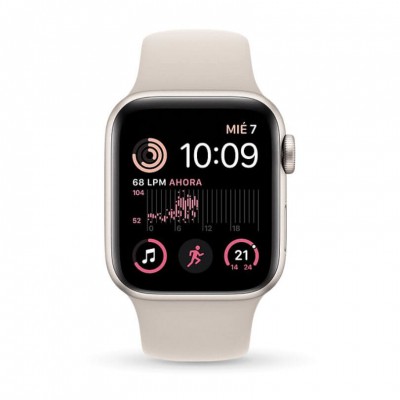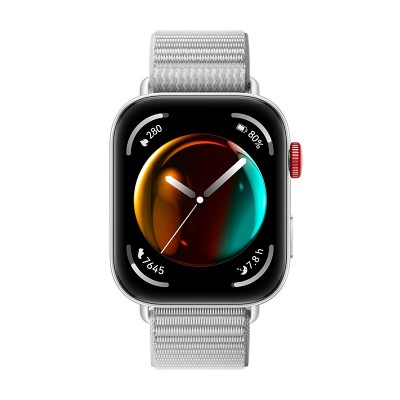With the arrival of winter, thermometers plummet and humidity rises, but what happens to your body when you go running in winter? Breathing cold air, losing feeling in your fingers and/or toes, can be painful and affect your libre training. However, there are those who enjoy running even in colder temperatures, take note runner; this is how running in winter affects our body.

This is what happens to your body when you go running in winter
The cold that characterizes the winter season can be an impediment when it comes to enjoying our favorite sport; running. During the winter months the temperature decreases considerably and these changes are also manifested in our body, how?

Red nose, stiff muscles, burning when breathing cold air, numb fingers... in short, this is what happens to your body when you go running in winter.
Reddening of the skin
Put on your Running shoes, go out to complete your workout, come home, look in the mirror and bam! Red nose, cheeks and forehead, and why is that? The metabolism is activated to compensate and regulate the outside temperature with the body temperature and the skin, the largest organ of our body, pales when it is very cold. However, when we do sports and warm up, the blood vessels dilate, more blood circulates and therefore, these areas redden.
You feel a burning sensation when breathing
During the first inhalations of cold, dry air , it is normal that the contrast between body heat and the cold outside causes a burning sensation in the lungs.

However, the tendency is that, after a few breaths, this discomfort in breathing subsides. Some people opt for a barrier that protects the airways such as tubulars, but the reality is that the burning sensation when breathing, prolonged over time, can negatively affect our workouts.
Muscle stiffness
It is important to perform a good warm-up and stretching session during winter training. It is necessary to exercise the muscles during the coldest temperatures since, when they contract, they can cause uncomfortable and painful cramps. Preparing and acclimatizing your body before training is vital to reduce the risk of injury.
Running in the cold or running in the heat?
There are those who can't stand the heat and those who, on the contrary, can't tolerate running in the cold. Runneantes, the debate is served. The truth is that with low temperatures our body works harder; it makes a greater caloric expenditure to reach an adequate body temperature. This higher energy consumption can affect the quality of our training.

- You may be interested in: The best Running shoes for running in winter and in the rain.
Numbness of the joints
One of the most typical sensations of the winter season is the numbness of the fingers and toes. An uncomfortable sensation, sometimes even painful, caused by a reduction of blood flow in the extremities. The solution is simple, get yourself some gloves and thermal socks and add up the kilometers, no excuses!
The weather conditions us
It is a reality, cold, rain, wind or excessive heat are some of the main handicaps when going out to run; so says our particular"Runómetro Report: The largest study on women runners in Spain" of 2019". A study that points out the weather as one of the main impediments for women to go running.

However, this is a generic handicap valid also in the case of men. Investing in running shoes suitable for winter and/or opting for running apparel optimized for the cold will be key to successfully tackling the various winter training sessions.
- You may be interested in: 8 tips for running long distances in winter and enjoying the route
This is how running in winter affects our body
Numbness of the fingers, burning when breathing, redness of the nose or muscle stiffness; this is what happens to your body when you go running in winter. Uncomfortable sensations that can lead to discomfort and pain, which can hasten the end of your training. However, there are those who enjoy running even in colder temperatures, and you, runner, do you like running in winter?
Read more news about: Running Training




